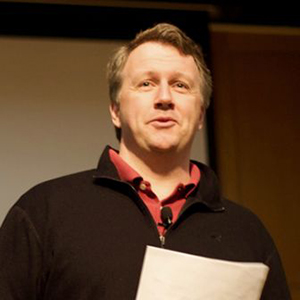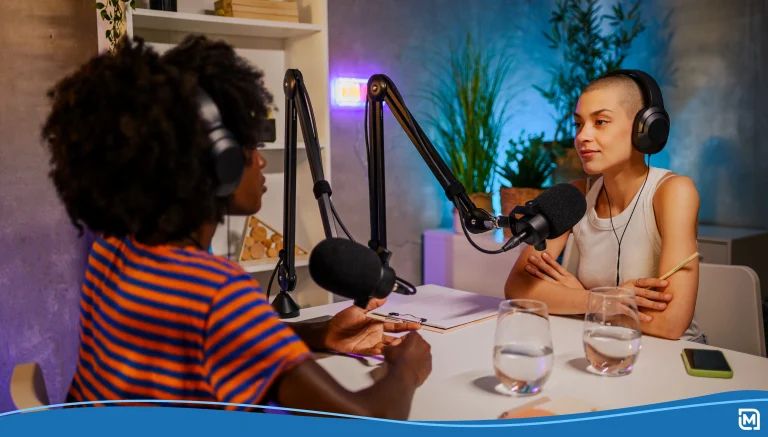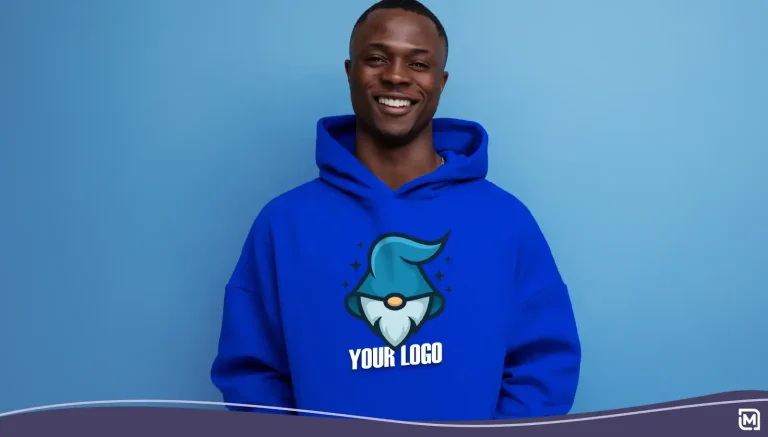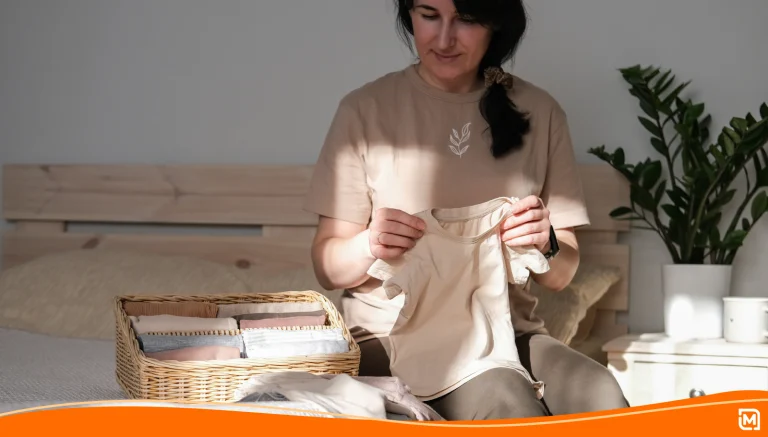 There are very few entrepreneurs or small business owners interested in raising venture capital that haven’t heard of Y Combinator or its founder, Paul Graham. BusinessWeek once included Mr. Graham in its list of 25 Most Influential People on the Web. In 1996, he co-founded his own small business startup, Viaweb, which was later acquired by Yahoo! for nearly $50 million.
There are very few entrepreneurs or small business owners interested in raising venture capital that haven’t heard of Y Combinator or its founder, Paul Graham. BusinessWeek once included Mr. Graham in its list of 25 Most Influential People on the Web. In 1996, he co-founded his own small business startup, Viaweb, which was later acquired by Yahoo! for nearly $50 million.
Despite his entrepreneurial success, Mr. Graham is best known for Y Combinator, a new venture incubator and seed funding platform that has helped launch nearly 500 new startups including Airbnb, Dropbox, and Stripe. Entrepreneurs who are accepted to the program, give up 6% of their equity in exchange for seed money, advice, and introductions to VCs and other experts who might help the company grow. Most of them think the experience is well worth the time and expense.
Thanks in large part to his involvement in Y Combinator, Mr. Graham is sought out for his thoughts on startups. He is a prolific thinker and writer and has had a lot to say about growing small businesses into successes. Here are a few of his thoughts that we find inspirational:
“You need three things to create a successful startup: to start with good people, to make something customers actually want, and to spend as little money as possible.”
“For the most ambitious young people, the corporate ladder is obsolete.”
“Dressing up is inevitably a substitute for good ideas. It is no coincidence that technically inept business types are known as ‘suits.’”
“…start-ups fail for the same reasons restaurants do: their food is bad. If a place has really good food, it can be in an obscure location, charge a lot, and have really bad service, and it will still be popular. If it has bad food, boy, it better do something really special to get anybody in there. Which is why we say, ‘Make something people want.’ That’s the fundamental problem. If you die, it’s probably because you didn’t make something people wanted.”
“For [a product] to surprise me, it must be satisfying expectations I didn’t know I had. No focus group is going to discover those. Only a great designer can.”
“Start-ups are hard but doable, in the way that running a five-minute mile is hard but doable.”
“Just fix things that seem broken, regardless of whether it seems likes the problem is important enough to build a company on.”
“It’s OK to start out with a small idea. People are bad at looking at seeds and guessing what size tree will grow out of them… If you try to do some big thing, you don’t just need it to be big; you need it to be good. And it’s really hard to do big and good simultaneously. So, what that means is you can either do something small and good and then gradually make it bigger, or do something big and bad and gradually make it better.”
“A startup is like a mosquito. A bear can absorb a hit and a crab is armored against one, but a mosquito is designed for one thing: to score. No energy is wasted on defense. The defense of mosquitos, as a species, is that there are a lot of them, but this is little consolation to the individual mosquito.”
“Startups live or die on morale. If you let the difficulty of raising money destroy your morale, it will become a self-fulfilling prophecy.”
“The very best ideas usually seem like bad ideas at first. Google seemed like a bad idea. There were already several other search engines, some of which were operated by public companies. Who needed another?”
“Running a start-up is like being punched in the face repeatedly, but working for a large company is like being water-boarded.”
“I get a lot of criticism for telling founders to focus first on making something great, instead of worrying about how to make money. And yet that is exactly what Google did. And Apple, for that matter. You’d think examples like that would be enough to convince people.”
—Paul Graham, Co-founder of Viaweb and Y Combinator



